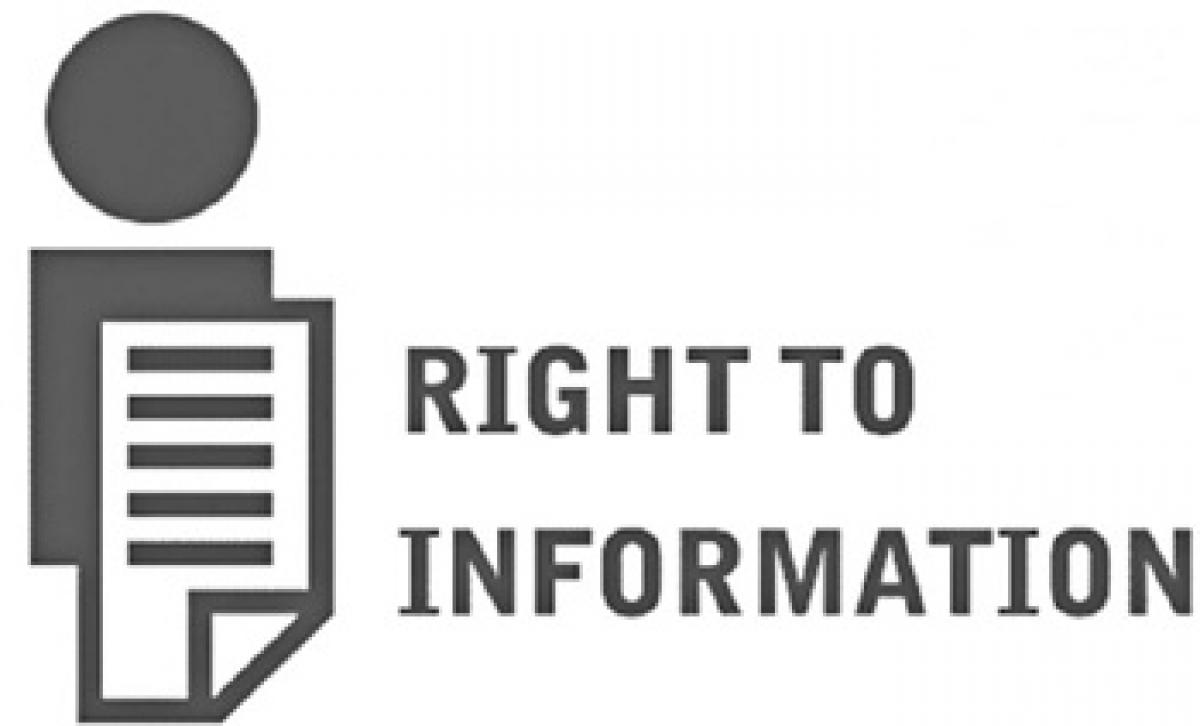How to get IC orders enforced?

If the judgment or order of the court is not complied with, it will amount to civil contempt of court for which penalty of imprisonment is also prescribed. Scandalisation of courts or judges would amount to criminal contempt of court as per Contempt of Court Act 1971. Either for courts or Information Commissions getting their orders complied with is a complex issue.
Each and every Information Commission is an independent quasi-judicial authority having responsibility and power to get its orders implemented. As per Section 18, the IC can summon the officer concerned, ask why the order is not implemented and pass necessary orders. The complaint or second appeal will not end with mere directions being passed or show cause notice issued. It can continue for compliance also, in cases where IC finds it necessary. Compliance report has to be filed by the PIO and if not complied, the applicant has to file complaint for non-compliance which needs to be heard by the Commission
If the judgment or order of the court is not complied with, it will amount to civil contempt of court for which penalty of imprisonment is also prescribed. Scandalisation of courts or judges would amount to criminal contempt of court as per Contempt of Court Act 1971. Either for courts or Information Commissions getting their orders complied with is a complex issue.
The RTI Act in itself does not contain any specific compliance provisions. The courts have power to punish for Contempt of Court, whereas the Information Commission does not have such powers. Some RTI activists demand contempt of court-type power to the Commissions, while some others say such power is not necessary as it could be misused.
Section 20 of RTI Act says that: “the Central Public Information Officer or the State Public Information Officer, as the case may be, has, without any reasonable cause, refused to receive an application for information or has not furnished information within the time specified under Sub Section (1) of Section 7 or malafidely denied the request for information or knowingly given incorrect, incomplete or misleading information or destroyed information which was the subject of the request or obstructed in any manner in furnishing the information, it shall impose a penalty of two hundred and fifty rupees each day till application is received or information is furnished,
so however, the total amount of such penalty shall not exceed twenty five thousand rupees: Provided that the Central Public Information Officer or the State Public Information Officer, as the case may be, shall be given a reasonable opportunity of being heard before any penalty is imposed on him: Provided further that the burden of proving that he acted reasonably and diligently shall be on the Central Public Information Officer or the State Public Information Officer, as the case may be.”
Thus this Section provides powers to punish with maximum penalty of Rs 25000 and recommendation for disciplinary inquiry for seven kinds of information ‘wrongs’. Section 18 of RTI Act, deals with Powers and functions of Information Commission, it says: “(1) Subject to the provisions of this Act, it shall be the duty of the Central Information Commission or State Information Commission as the case may be to receive and inquire into a complaint from any person,…..— (e ) who believes that he or she has been given incomplete, misleading or false information under this Act;”
Obstructing the delivery of information is punishable. Non compliance of the order to give information is ‘such obstruction’. If the order of imposing penalty is not implemented, what should happen? If incomplete and misleading information is given, the IC can hear the complaint and inquire into.
Recently on January 14, 2016, the Delhi High Court in Power Finance Corporation Ltd. v. Sushma Singh, Former CIC – WP (C) No. 5251 of 2014, directed the Registry of the CIC for evolving a procedure for separate numbering of the non-compliance petitions and placing them in separate file on disposal.
The CIC in Radhika Arora v. CIC – CIC/WB/C/ 2008/00859, 862 & 863 by order dated 11-6-2009 decided as follows:
“…. Ms. Radhika Arora has raised important issues on the question of record keeping in the Commission in file no. CIC/WB/C/2008/00859: We have already decided in the Commission, in order to follow up on compliance of decisions of the Commission, on non compliance of which we had also received representations, decided that Secretary of the Commission will now assume responsibility for ensuring compliance with all decisions made by the Commission.
For this purpose, a Register of Non Compliance will be opened, which will be processed by the Office of Secretary, CIC, and on conclusion of the complaint, the complaint will either be closed or registered as a complaint for hearing under the appropriate sub sec. of Sec. 18(1) and proceeded upon by the Bench of the Information Commissioner concerned.”
This decision was approved in full court meeting of the CIC 2009 saying: “A presentation on the web based work flow system regarding the complaints for non-compliance in pursuance to the decision of the Commission in case no.CIC/WB/C/2008/ 00859, 00862 & 00863 was made. The presentation generated some discussion as to whether the complaints for non compliance should be registered afresh or should it be dealt in with the old file itself. It was decided finally to register the cases of non-compliance and the web-base work flow system was approved”.
It was reiterated in another full court meeting in 2014. It said: ............It was decided that the directions in the case of Ms. RadhikaAroraVs. CIC should be complied with and for that purpose, the Non-Compliance cases must be examined in the concerned registries. In this regard, proposal for adequate resources and suitable staff may be taken up with the DoPT. Such cases of Non-Compliance will be registered by the Central Registry and will be allotted a file number as suggested in the agenda note circulated in the meeting.
The individual registries will send a monthly statement regarding disposal of Non-Compliance cases separately to the Secretary through the Registrar for the purpose of monitoring of such cases.” It was complained that ‘despite the above decision of the CIC, duly approved in two Full Court Meetings, the non-compliance petitions are either not taken cognisance of by the CIC or are being summarily disposed of in violation of the principal of natural justice without being registered and without issuing notice to the parties.
A writ petition was filed challenging the order dated 15th May, 2014, passed by the Chief Information Commissioner, seeking to
"1. Order the PIO to provide me the desired information praying to impose a monetary penalty under Section 20(1) and recommend for disciplinary action for repeated violation in three cases under the service rules provided in Section 20(2) of the Right to Information Act, 2005."
Information sought originally was: copies of records maintained by the Commission while dealing with non-compliance petition received from the public, show cause notices issued to various authorities by the Commission, penalty imposed on by the Commission, letters forwarded to other authorities and other related information. In all, three RTI requests were filed. Later, complaints were filed saying incomplete and misleading information was given.
Out of two complaints, hearing for one was scheduled. Justice Manmohan of Delhi High Court held in Power Finance Corporation Ltd. Vs Sushma Singh & Ors. on 14 January, 2016, W.P.(C) 5251/2014 & CM APPL. 10427/2014, (http://indiankanoon.org/doc/196619367/) that there has been violation of principles of natural justice, set aside the order of CIC and matter was remanded back to CIC. Registry of the Central Information Commission was directed to evolve a procedure by virtue of which applications for non-compliance of CIC orders are numbered and different applications are placed in separate files so that this sort of confusion does not arise in future.
Each and every Information Commission is an independent quasi-judicial authority having responsibility and power to get its orders implemented. As per Section 18, the IC can summon the officer concerned, ask why the order is not implemented and pass necessary orders. The complaint or second appeal will not end with mere directions being passed or show cause notice issued.
It can continue for compliance also, in cases where IC finds it necessary. Compliance report has to be filed by the PIO and if not complied, the applicant has to file complaint for non-compliance which needs to be heard by the Commission.















